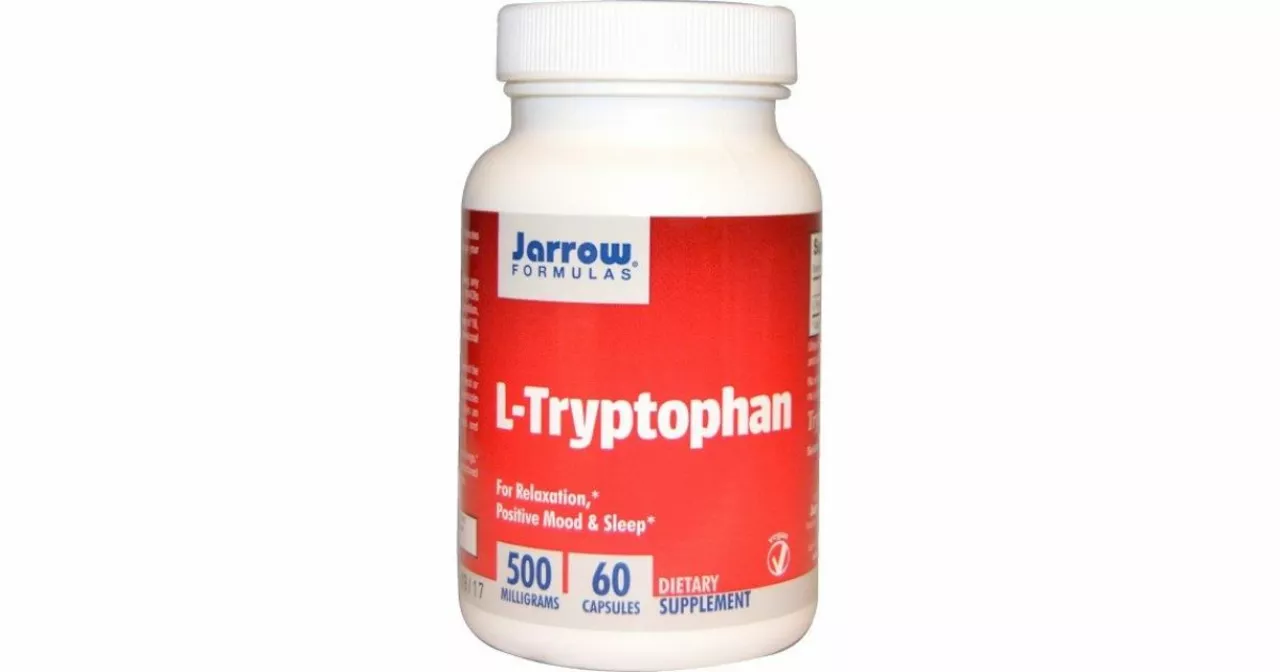l-tryptophan: What It Is and Why You Might Need It
Ever wonder why you feel sleepy after a big turkey dinner? That’s partly because turkey is rich in l‑tryptophan, an amino acid your body turns into serotonin and then melatonin – the chemicals that help regulate mood and sleep. If you’re dealing with low energy, restless nights, or just want a natural mood lift, adding a tryptophan supplement could be worth a look.
Before you pop any pill, it helps to know what you’re getting into. l‑tryptophan isn’t a magic cure, but when used right it can support the brain’s chemistry in a gentle way. Below we break down how it works, safe dosages, possible side effects, and tips for buying a trustworthy product.
How l‑tryptophan Works in Your Body
When you eat protein – meat, dairy, beans – your gut releases amino acids, including l‑tryptophan. About 1% of that tryptophan makes its way to the brain where enzymes convert it into serotonin, a neurotransmitter linked to happiness and calm. Later, serotonin can become melatonin, which tells your body when it’s time to wind down.
Because you need enough l‑tryptophan for this conversion chain, supplementing can be helpful if your diet is low on protein or if you’re under a lot of stress. Many people notice a smoother transition into sleep after taking 500 mg–1 g about an hour before bedtime. Others use smaller doses (250 mg) in the morning to boost mood without feeling drowsy.
Remember, the conversion process also needs other nutrients like vitamin B6 and magnesium. If you’re missing those co‑factors, a tryptophan supplement alone might not do much.
Choosing the Right l‑tryptophan Supplement
The market is full of “serotonin boosters,” but not all are created equal. Look for products that list pure L‑tryptophan as the main ingredient and avoid added fillers or artificial colors. Third‑party testing seals (like USP or NSF) give extra confidence that what’s on the label matches the bottle.
Pricing can vary, but a good rule of thumb is to compare cost per gram rather than per capsule. Bulk options often save money if you plan to use it regularly – just make sure you store it in a cool, dry place to keep potency.
If you shop on Secure Pharmaceutical Online Store, you get a secure checkout, discreet shipping, and a guarantee that each batch passed quality checks. That peace of mind is worth the few extra clicks.
Start low, watch how your body reacts, and adjust slowly. Most folks find 250 mg in the morning and 500 mg at night works well, but everyone’s chemistry differs. If you’re pregnant, nursing, or on medication (especially antidepressants), talk to a healthcare professional first.
Bottom line: l‑tryptophan can be a simple, natural tool for better sleep and mood when you choose a clean product, respect dosage guidelines, and pair it with a balanced diet. Give it a try and see if those evening yawns turn into smoother shut‑eyes.

I recently came across L-Tryptophan, a dietary supplement that promises to boost your mood and improve your sleep quality. Derived from essential amino acid, this supplement helps in producing serotonin, which is a neurotransmitter known for regulating our mood and sleep cycle. By incorporating L-Tryptophan into our diet, we can potentially experience a more positive mood and better sleep patterns. I'm excited to give it a try and reap its benefits. Don't forget to consult your healthcare professional before adding any new supplement to your routine.
Read More